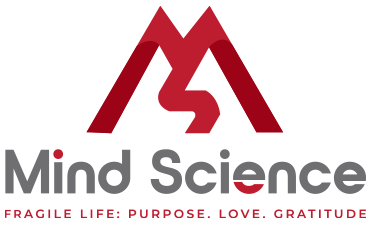
About Course
Course Objectives:
- Foundational Integration
Analyze core Quranic concepts through the lens of psychology.
Compare Islamic models of the self with Western theories (Freud, CBT, Maslow).
- Therapeutic Applications
Develop faith-based interventions (e.g., dua for anxiety, dhikr for mindfulness, Quranic narratives for trauma healing).
Design counseling techniques that align with Islamic ethics while addressing modern mental health challenges (depression, addiction, marital strife).
- Neuroscience & Spirituality
Explore the psychological effects of Islamic practices (e.g., prayer/Salah on brainwaves, fasting on emotional regulation).
Bridge Quranic teachings with neurobiology (e.g., sakeena [tranquility] and parasympathetic nervous system activation).
- Preventative Mental Health
Teach Quranic strategies for resilience and their psychological benefits.
Address stigmas around mental health in Muslim communities using Quranic/hadith evidence.
